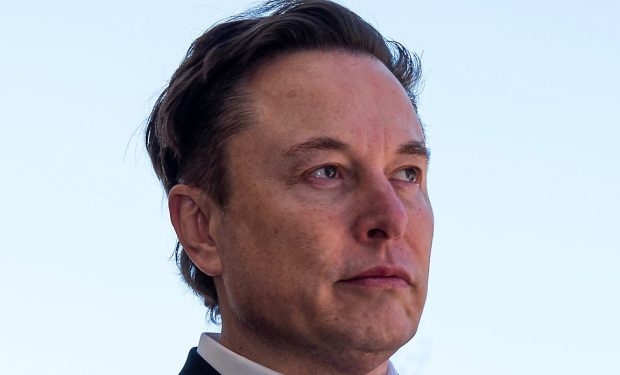Billionaire Elon Musk, head of the so-called Department of Government Efficiency, announced Monday that President Donald Trump had agreed with him to shut the U.S. Agency for International Development (USAID).
Musk said in a X Spaces conversation: “With regards to the USAID stuff, I went over it with (the president) in detail and he agreed that we should shut it down.”
Musk accused USAID of supporting “radically left causes throughout the world including things that are anti-American.”
On Monday, USAID workers were locked out of the USAID offices in Washington, D.C.
The decision to shut down the agency will adversely affect thousands of USAID employees and millions of people who benefit from the aid, which is allocated “to fund education and fight starvation and disease.” It also affects American contractors and direct recipient organizations that provide goods and services around the world.
Catholic Relief Services (CRS), based in Baltimore, Maryland, is the #1 direct USAID recipient — it received $476 million in funding in 2024 (up 44% from 2023’s $331 million), according to Pub K, a group that tracks government contracts.
Catholic Relief Services, which was founded in 1943 by the Catholic Bishops of the United States to serve World War II survivors in Europe, now reaches more than 200 million people in more than 100 countries on five continents, and boasts of maintaining “strict standards of efficiency, accountability and transparency: 94% of our expenditures go directly to programs.”
With the photo below, CRS recently reported about a USDA-funded project in Burkina Faso, which sources locally grown fruits and vegetables from farmers (which boosts economies and creates jobs in food production, processing, and distribution) and is used to supply school canteens.
“Since many students eat only one meal a day,” CRS writes, “school meals greatly reduce absenteeism and improve child health and nutrition.”
[Note: While CRS serves people in need without regard to religion, race or ethnicity, it is committed to Catholic teaching and is a self-defined “pro-life organization.”]
Not a direct recipient but a partnering company, American contractor Chemonics International based in Washington, D.C. received $1.56 billion in USAID contracts in 2024, the most of any contractor. Chemonics, which partners with governments and organizations in 100 countries, describes itself as a “leading global sustainable development firm.”
Last week, Chemonics shared the photo below and wrote of its USAID work in the Middle East: “Batnaya is a small Christian village located 25 kilometers north of Mosul, Iraq. The rise of ISIS and subsequent displacement of Christian communities, as well as political competition among national actors, severely damaged the area’s social cohesion and led to subpar basic service provision. Pictured here, community members working with the @USAID Iraq DCEO/Tahfeez activity clear a space to plant vegetables in Batnaya as part of activities to revive #EconomicGrowth in the community.”
Democrats objecting to the shuttering of USAID include Sen. Chris Van Hollen (D-MD), who called the shutdown an “illegal power grab” and “a corrupt abuse of power that is going on.” Rep. Jamie Raskin (D-MD) added: “We don’t have a fourth branch of government called Elon Musk. And that’s going to become real clear.”
When the first spending freezes were announced soon after Donald Trump took office — and before the blanket freezes were rescinded — Catholic Bishops sent an “action alert” to American Catholics to ask their Congressional representatives to prevent the stoppage of aid, writing: “This freeze will be detrimental to millions of our sisters and brothers who need access to lifesaving humanitarian, health, and development assistance.”
Conceding that an appropriate government review of allocations is expected, the Catholic Relief Services Alert said that “as people of faith, let us stand shoulder to shoulder with our sisters and brothers in need. Tell Congress to engage with the Administration to continue allowing foreign assistance programs to operate” and said the aid worked primarily to help “infants access clean water, farmers feed their families,” and see that “children receive critical medications to fight disease.”
